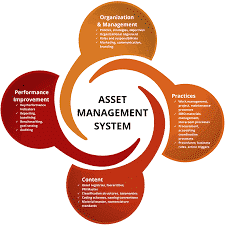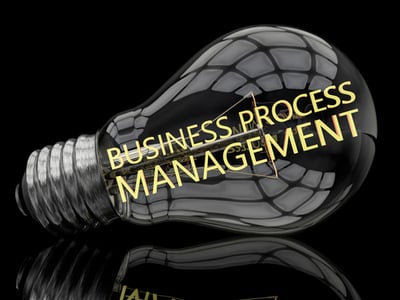Duration: 24 Hours
Timing: Flexible
Course Overview
Maintenance Management is an orderly and systematic approach of administrative, financial, and technical framework for assessing, planning, organizing, monitoring and evaluating maintenance and operation activities and their costs on a continual basis.
Discuss & learn the practical application of these best practices, through case studies & exercises. Understand the range of technical & human risks associated with asset management & how they can be mitigated.
Develop an action plan to utilize these technologies in their own areas of responsibility, fitting them into the overall asset management strategy, and measuring benefits.
Understand how to draw up a preventive maintenance concept, based on risk
Develop strategies to decide when and what to outsource
Understand the different contract types
To instruct Maintenance Management optimization best practice techniques
To provide opportunities to discuss the application of these best practices
Provide an opportunity to learn these concepts through practical exercises
Who is this Course for?
This course is suitable to a wide range of professionals but will greatly benefit professionals in different branches who are involved in any aspect of asset management, facility management, and Maintenance Management.
Project, Design & Maintenance Management
Maintenance & Reliability Engineering
Operations
Technical & Quality Support
Consulting
Professionals who are responsible for the management, operation and maintenance of facilities (buildings, production facilities, utilities, power and water distributions networks landscaping, etc.)
Professionals aiming to update themselves on the basic elements, best practices and implementation aspects of facilities management.
It is highly recommended that all Maintenance, Reliability, Engineering and technical support staff including leadership and management.
Course Outline
Day One: An Overview of Key Maintenance Work Processes
Introduction to Maintenance Management
Definitions of key terms
Types of Maintenance – Reactive, planned and improvement jobs, Preventive and Proactive
Day Two: Maintenance Management Systems
Maintenance Planning and Scheduling
Computerized Maintenance Management Systems
Developing Maintenance Key Performance Indicators
Day Three: Preventive Maintenance and Maintenance Strategy
Maintenance Organization Structure and Policies
Developing and Implementing a Preventive Maintenance Program
Applying Reliability Based principles to Maintenance Strategy Development
Day Four: Maintenance Logistics and Cost Control
Managing Maintenance Spare Parts and Logistics
Optimizing Spare Parts Inventory Levels
Maintenance Budgeting
Controlling Maintenance Costs
Introduction to Life Cycle Cost Concepts
Day Five: Maintenance Team Work
Engineering, Production & Maintenance Teams
Benefits of Integrated teams
Motivation and empowerment
Total Productive Maintenance Concepts
Implementing Team Based Continuous Improvement in Maintenance
Career Path
This course is suitable to a wide range of professionals but will greatly benefit professionals in different branches who are involved in any aspect of asset management, facility management, and Maintenance Management.
Project, Design & Maintenance Management
Maintenance & Reliability Engineering
Operations
Technical & Quality Support
Consulting



